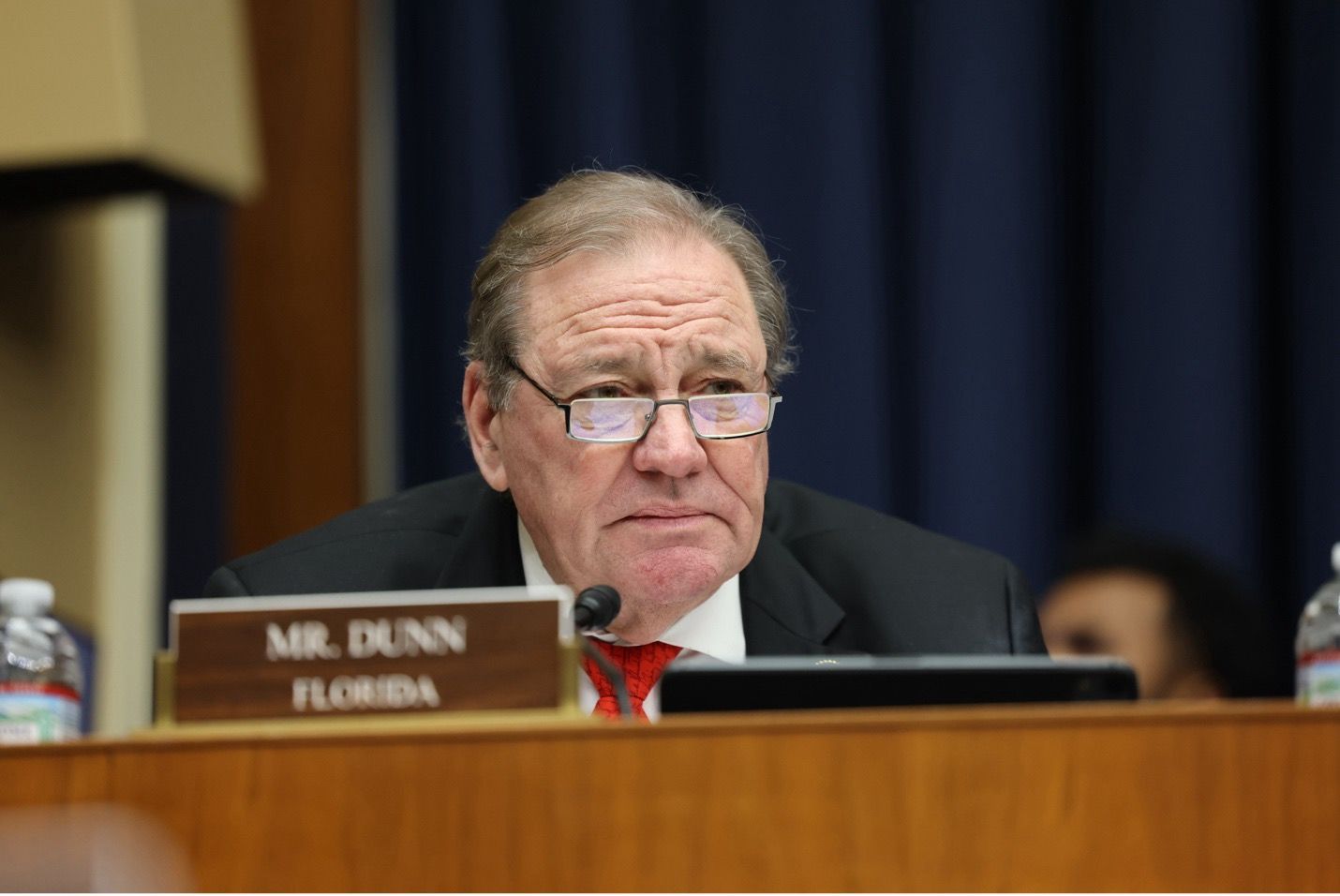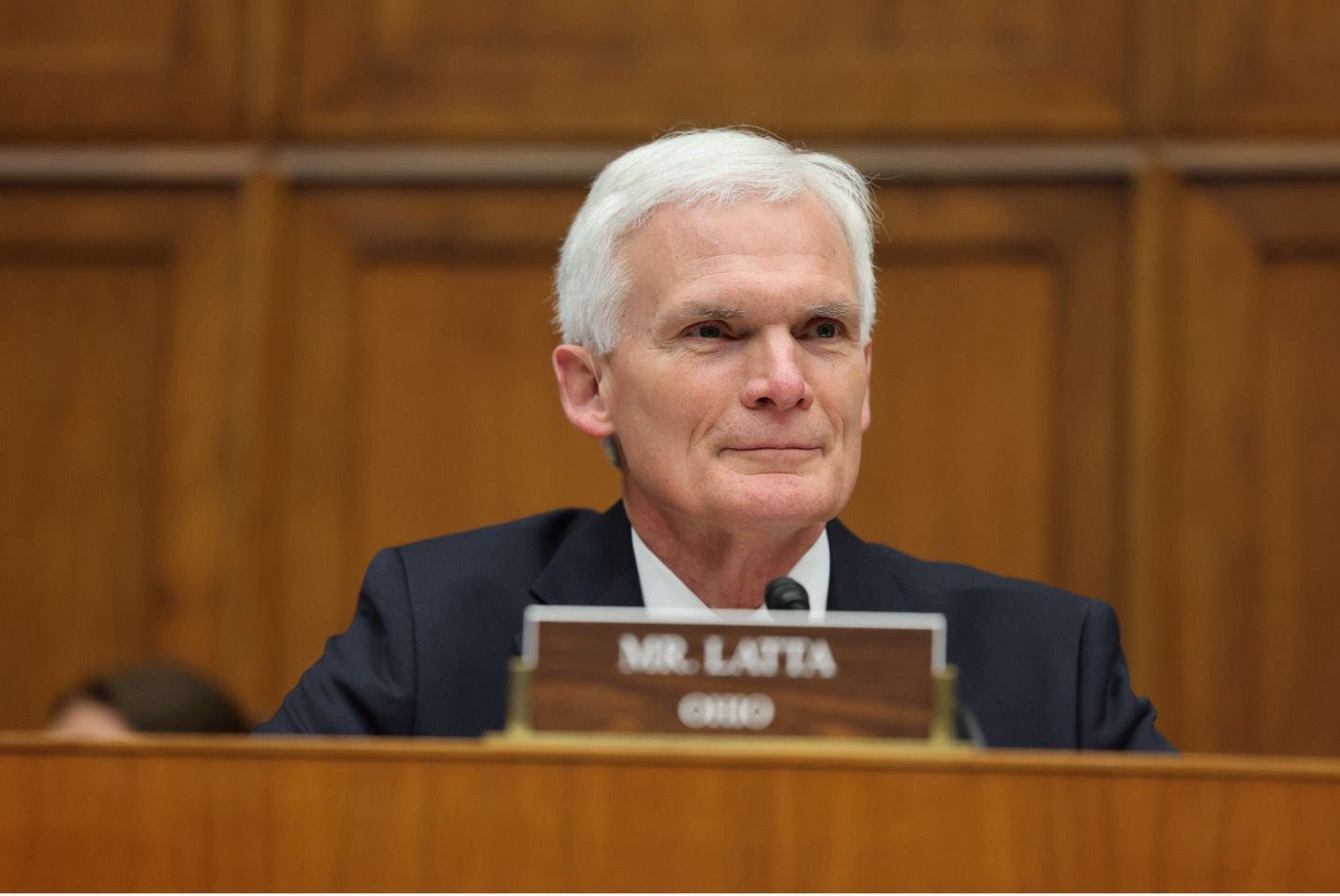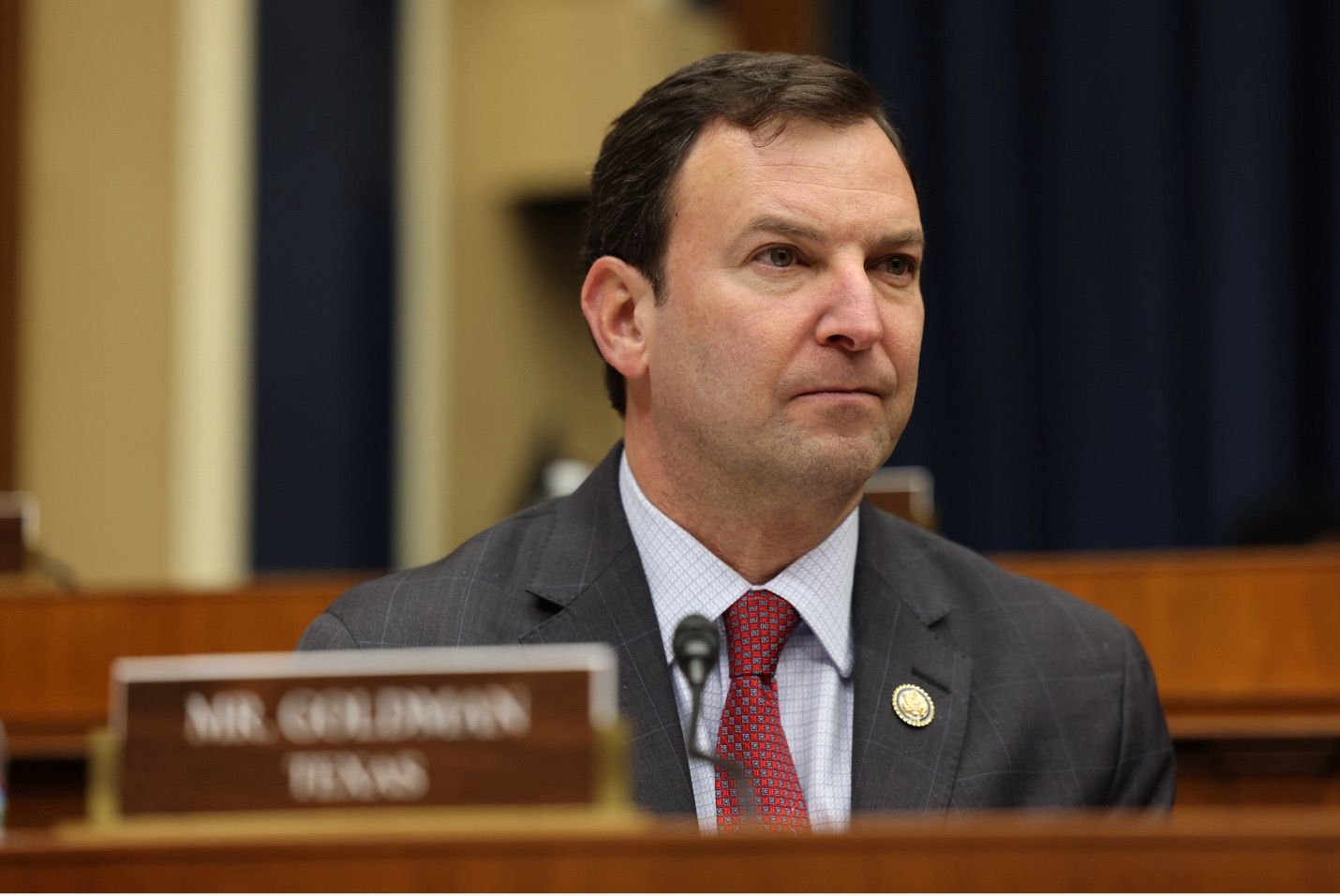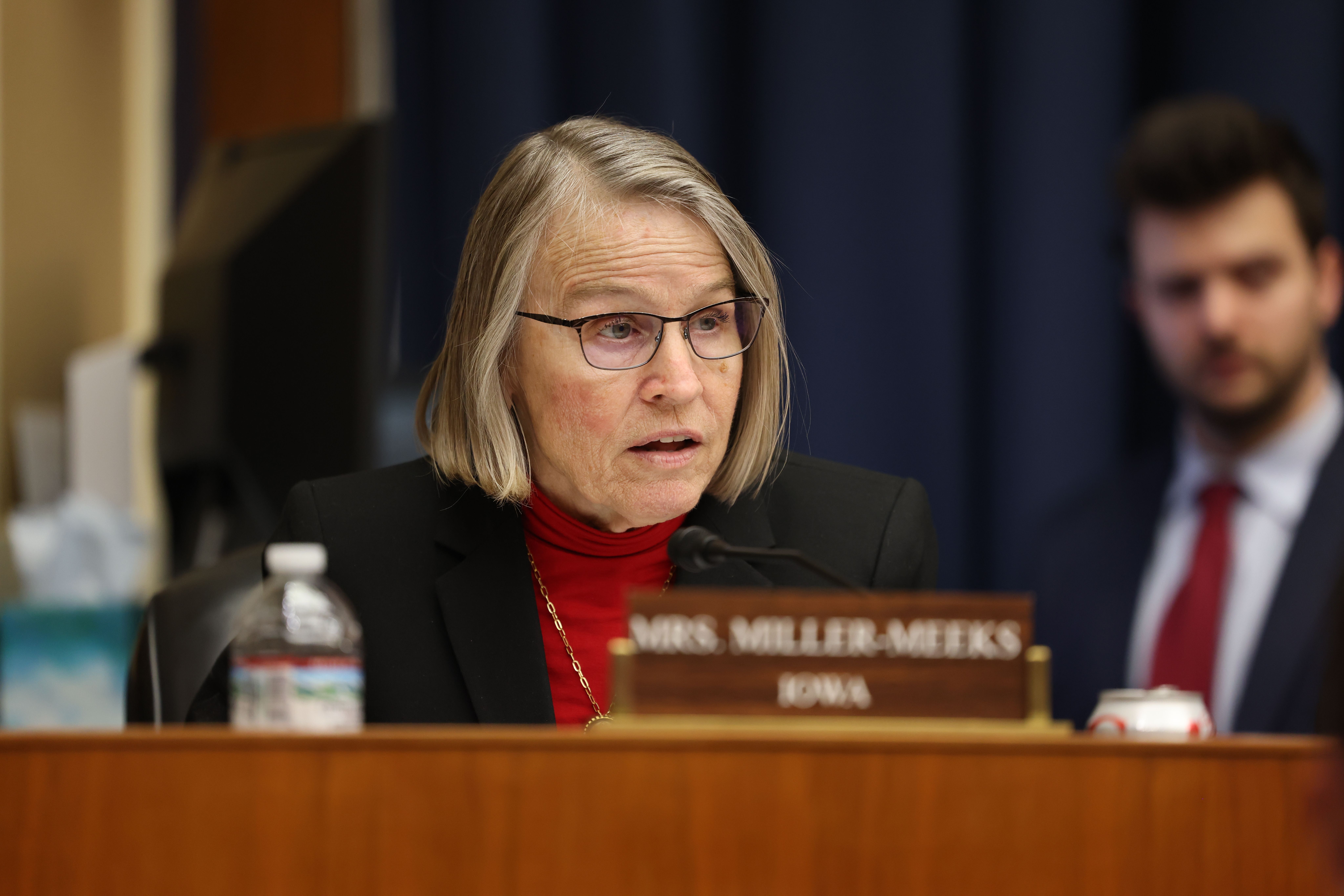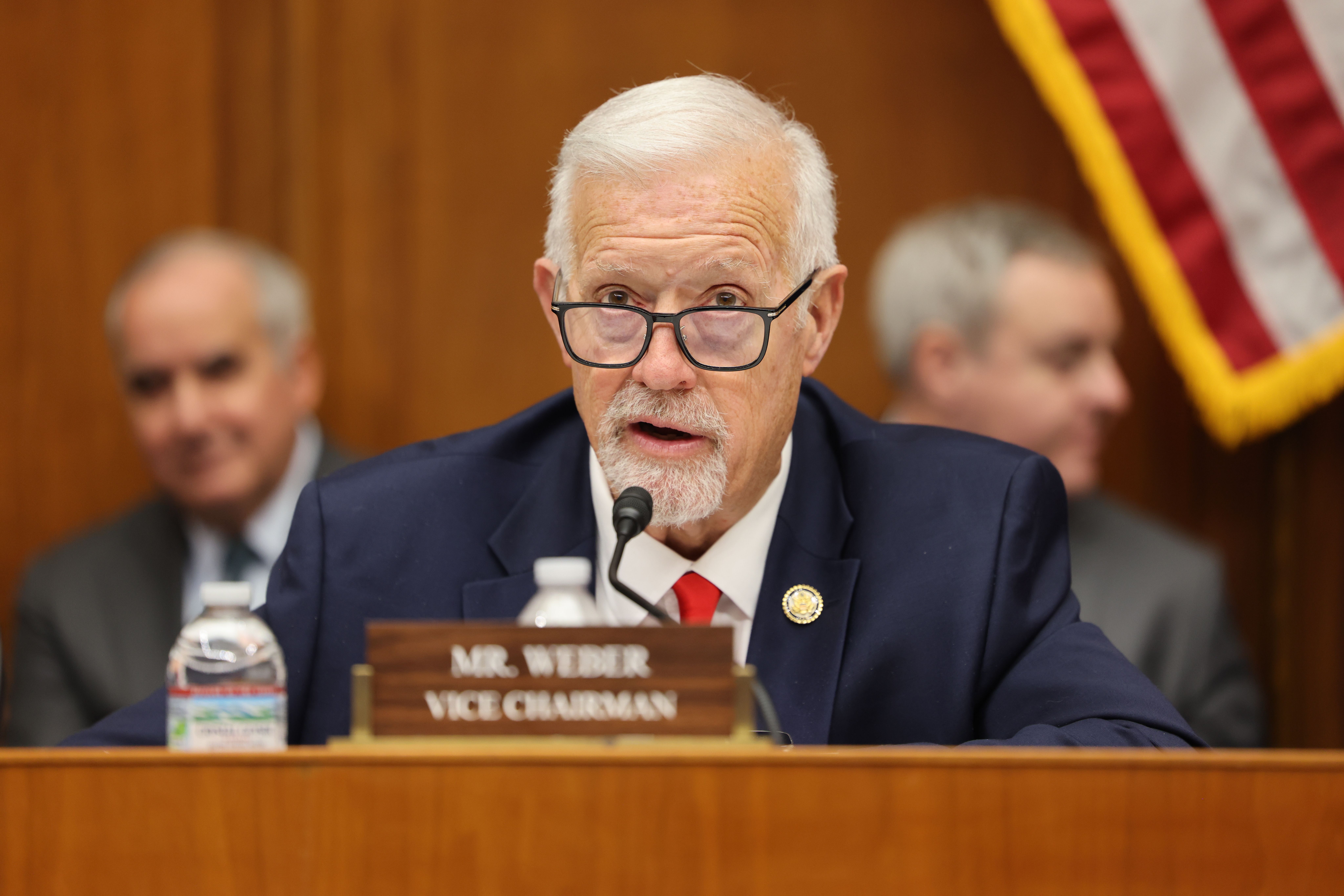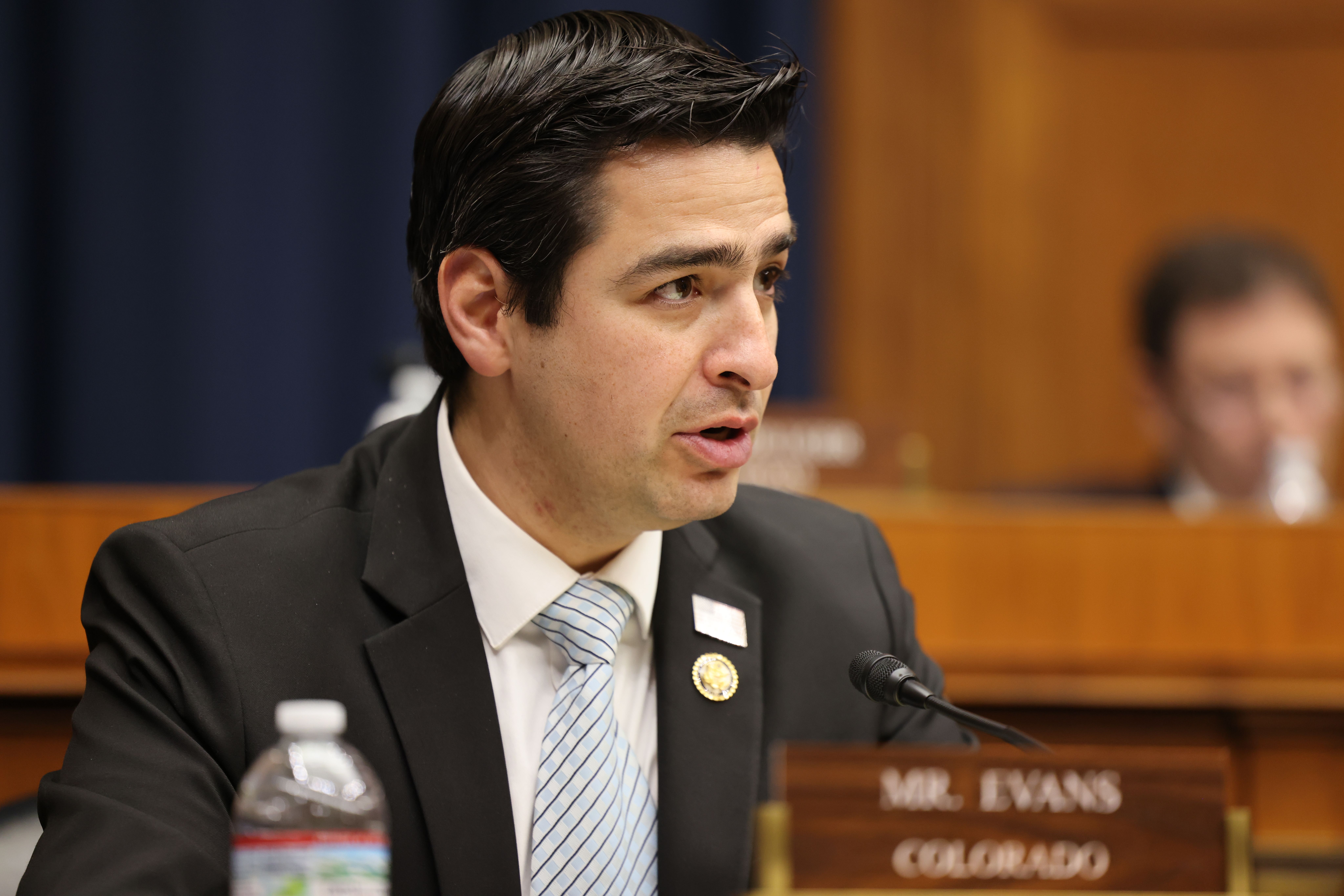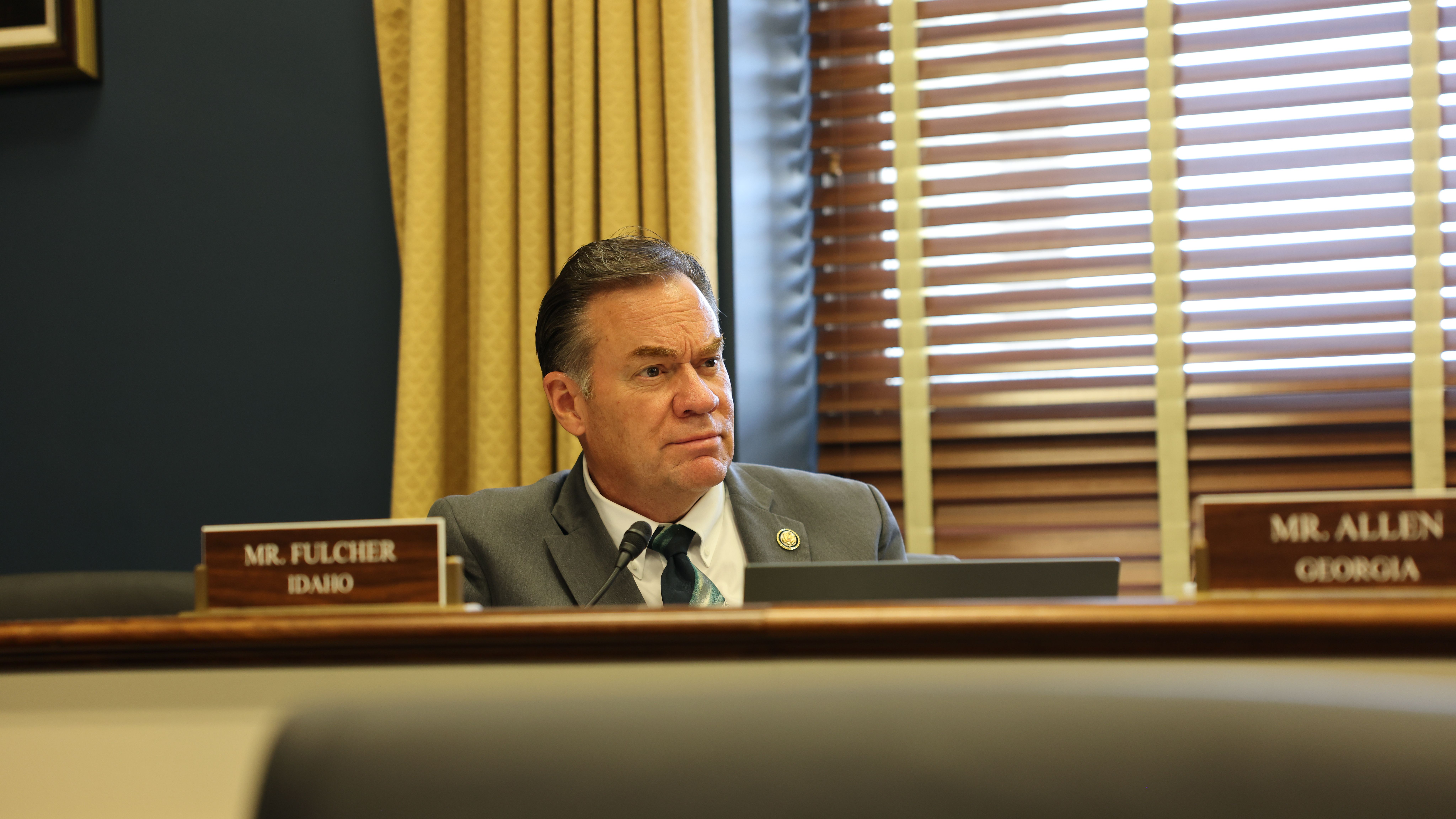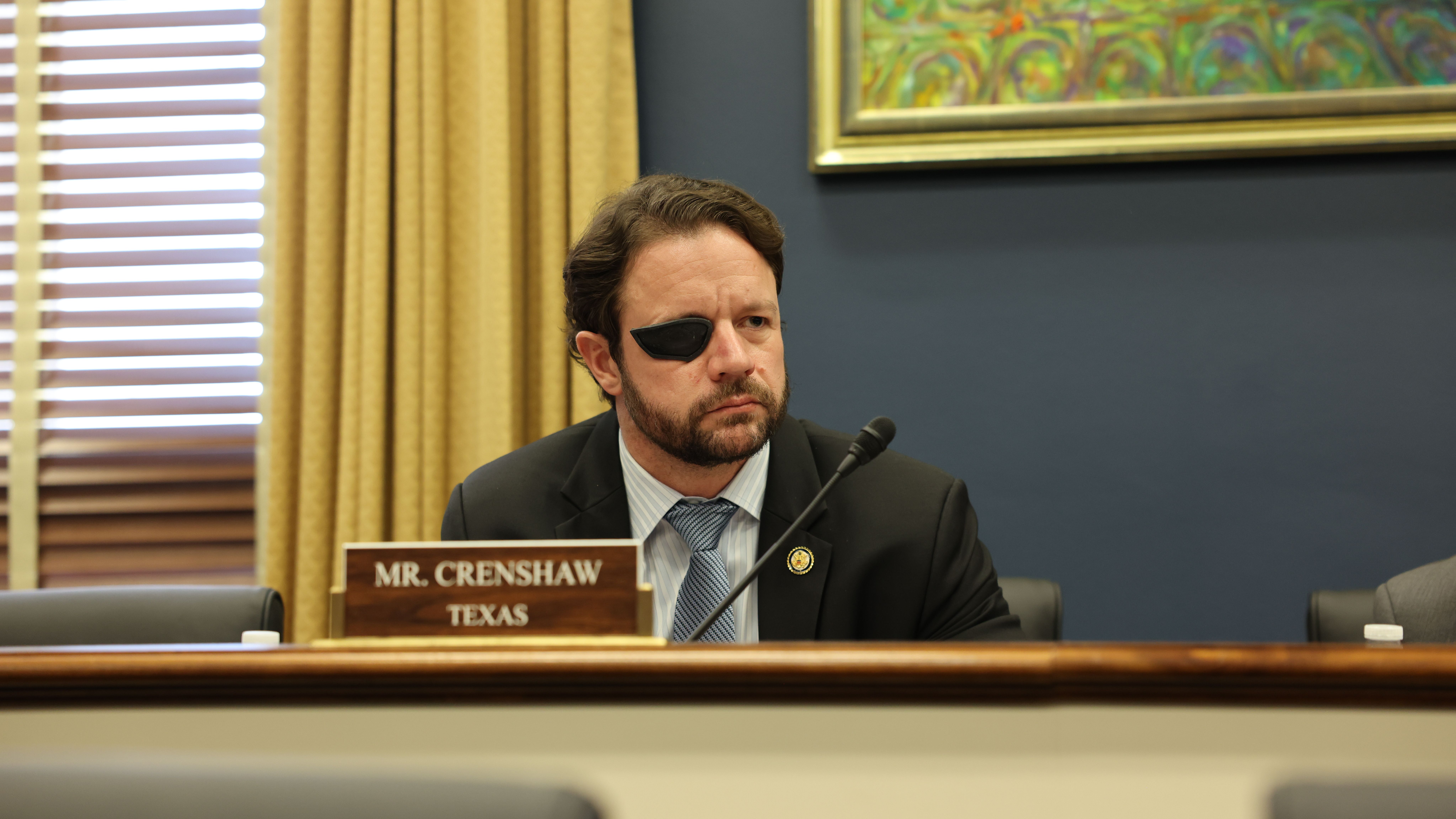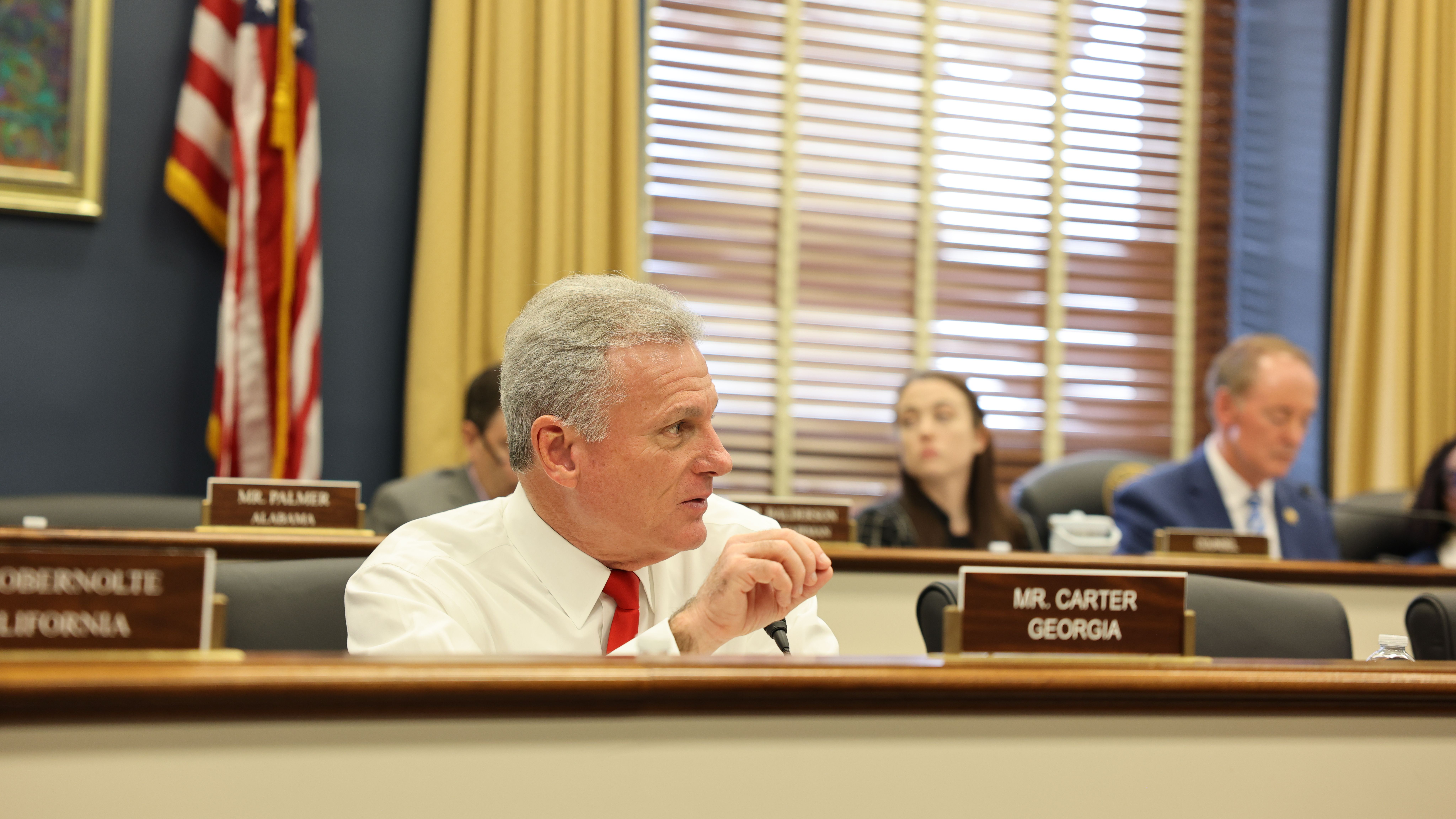WASHINGTON, D.C. – Congressman Bob Latta (OH-05), Chairman of the Subcommittee on Energy, delivered the following opening statement at today’s hearing titled Oversight of FERC: Advancing Affordable and Reliable Energy for All Americans.
Subcommittee Chairman Latta’s opening statement as prepared for delivery:
_“Good morning and welcome to today’s Energy subcommittee hearing with all five Commissioners of the Federal Energy Regulatory Commission. _
“We welcome Chairman Swett and Commissioner LaCerte for their first appearance before our subcommittee, and welcome back Commissioners Rosner, See, and Chang.
_“FERC was established in 1970 by Congress as an economic regulator to ensure that electricity, natural gas, and oil is delivered to the American people safely, securely, and reasonably priced. _
“Now, as our nation stands at the precipice of substantial change in the global economy, it is imperative for FERC to remain steadfastly focused on their core mission in order to fuel technological advancements and stabilize the bulk power system to keep the lights on.
“It is no secret that our grid is under extreme stress. The head of North American Electric Reliability Corporation, or NERC, called the reliability crisis a “five alarm fire.”
“Average utility bills rose by 11 percent in 2025 after increasing by 29 percent in the four years prior, and substantially higher across our nation’s bluest states.
“Grid operators are flashing red alarms about the mismatch between growing demands and dwindling baseload resources.
“In fact, the Department of Energy found that the current pace of baseload retirements and load growth raise the risk of blackouts by 100 times by 2030.
“And across the country, a growing number of Americans are concerned about the potential for data center development to raise their utility bills.
“How did we get here?
“Decades of poor policy decisions from federal and state governments steered utilities away from reliability-centric investments and towards one intended to meet renewable energy goals.
“Even while fuel and generation costs have plummeted since the shale revolution, utility spending has been buoyed by costly investments on transmission and distribution to connect variable remote resources like wind and solar.
“Across the country, retail rate filing cases at state commissions have highlighted several reasons for upward price pressures – transmission development for state energy policies, interest rates, wildfire and disaster mitigation, among others.
“In our wholesale market states, higher prices should act as a signal for new entrants.
“Unfortunately, permitting delays, excessive litigation, and blue state policies to prevent pipeline construction are preventing market forces from responding appropriately.
“The current situation is untenable and unsustainable.
“It is important to remind everyone about what’s at stake in the AI race.
“Ask yourself, do you want your family’s personal, banking, or health information stored in Communist China?
“But winning the AI race, reshoring manufacturing jobs, and lowering costs are not mutually exclusive.
“When done properly, research continues to show that the growth of large energy users like data centers and manufacturing facilities can help stabilize the grid and make electricity more affordable.
“To achieve this reality, we need FERC to remain laser focused on its core mission as an economic regulator.
“Along with the Trump administration, the Commission is righting the ship towards a more secure and prosperous future for all Americans.
“Throughout 2025, FERC returned to a methodical approach to permitting interstate natural gas pipelines and LNG facilities.
“They are working to streamline the process for licensing hydropower facilities to maintain and grow vital baseload resources.
“The Commission has also made substantial progress on addressing jurisdictional lines between federal and state authority over co-location and flexible power arrangements.
“FERC, along with the Administration and states, are ensuring that costs associated with the development of data centers are not falling on the backs of ratepayers.
“And importantly, the Commission has continued working through the National Association of Regulatory Utility Commissioners (NARUC) collaborative to establish meaningful, productive, and effective dialogue between federal and state partners to tackle challenges facing our nation’s energy systems.
“While substantial progress has been made to reaffirm American energy dominance, more work remains.
“Today’s hearing is a pivotal opportunity for the committee to better understand how FERC can best serve the interests of the American people.
“I look forward to today’s discussion and yield back.”
